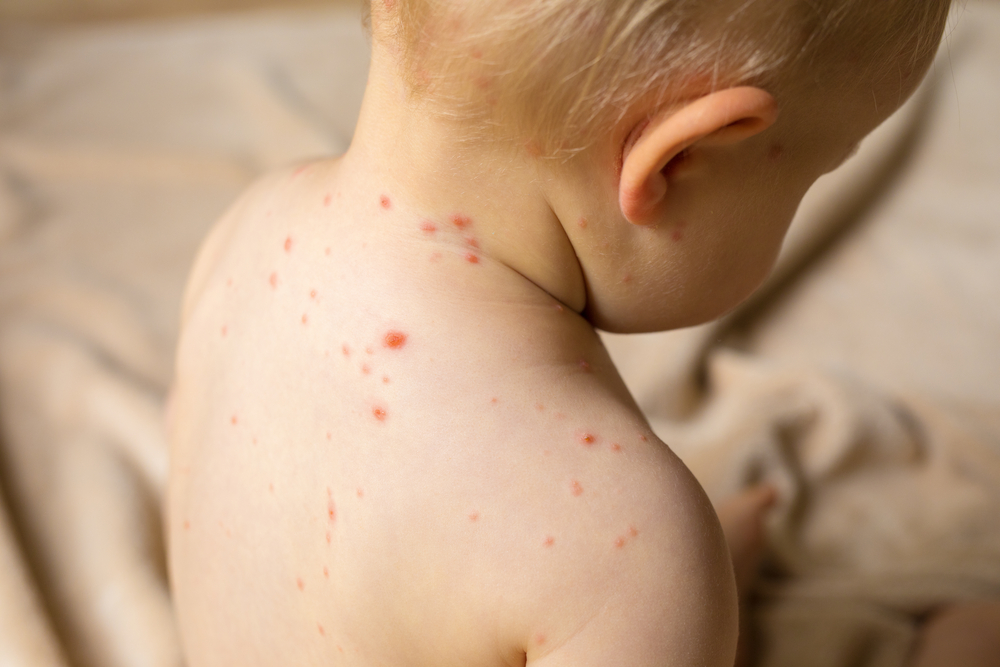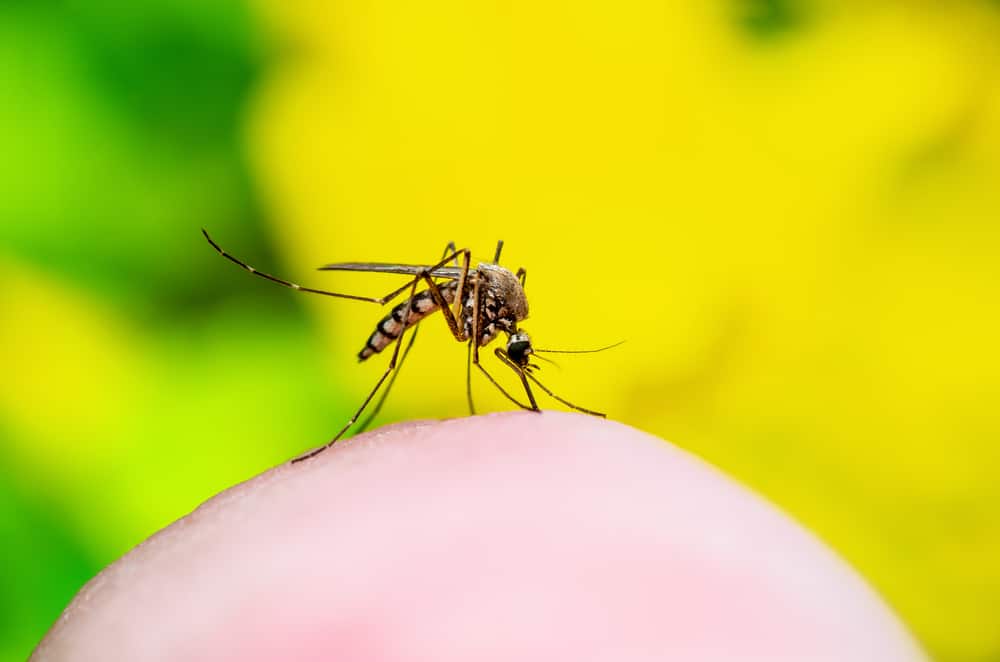Summertime Chickenpox: Symptoms, Treatment, and Care

In addition to sunburns, dehydration, and severe cases of too much summer fun – you’ll probably be surprised to find out that Chickenpox is one of the most common summer illnesses. In many individuals,…
In addition to sunburns, dehydration, and severe cases of too much summer fun – you’ll probably be surprised to find out that Chickenpox is one of the most common summer illnesses.
In many individuals, the chickenpox virus can remain dormant until it gets favourable weather conditions to thrive, and the summer heat is the perfect catalyst. During the summer, children are more likely to play in the sun and sweat more which can cause skin infections, and fungal infections, and even encourage the chickenpox virus.
If you want to prevent chickenpox altogether, the easiest solution is to get the chickenpox vaccine. Keep reading to learn more about chickenpox and how to treat it.
CHICKENPOX AND THE VACCINE
Chickenpox is a highly contagious viral infection that is very common among young school-age children. The good news is that it can be prevented easily with the chickenpox vaccination which provides up to 95% protection.
Although the chickenpox vaccine in the UK is not part of the NHS childhood vaccine program, healthcare providers recommend the two-dose chickenpox vaccination for all children. Infants get the first dose between 12 and 15 months old and the second at aged four to six. It’s rare, but vaccinated children can still get chickenpox – but a much less intense version.
CHICKENPOX SYMPTOMS
Common chickenpox symptoms include itchy fluid-filled blisters and red skin patches that appear all over the face and body. These skin rashes are often accompanied by a high-grade fever, loss of appetite, and headache which usually lasts for a week or two. Since chickenpox is highly contagious, those who are sick should avoid contact with others to prevent the infection from spreading.
CHICKENPOX TREATMENT AND CARE
Home Remedies
Though it’s tempting to scratch these incredible itchy blisters and scabs, this should be avoided because it can spread the rash, and also cause infection and scarring. The best way to relieve the itching is to use Calamine lotion and take a cool bath with colloidal oatmeal, uncooked oatmeal, or baking soda to soothe and cool the skin.
Over-the-counter Medications
For children, use non-aspirin pain relievers like acetaminophen to reduce fever and treat body pain or headaches. Your best friend during the recovery time will be calamine lotion to cool the skin and stop the itching.
The chickenpox vaccine is available at Miles Pharmacy serving the locations of Epsom, Banstead, Sutton, Stoneleigh, Cheam, Chessington, and Worcester Park.
Click here to see a full list of routine and travel vaccinations offered or to make an appointment with us.


